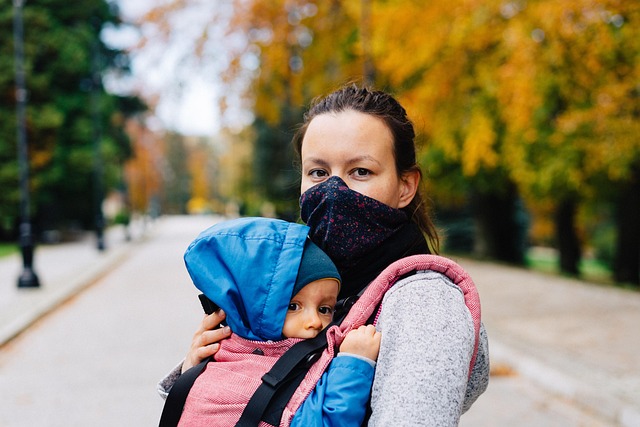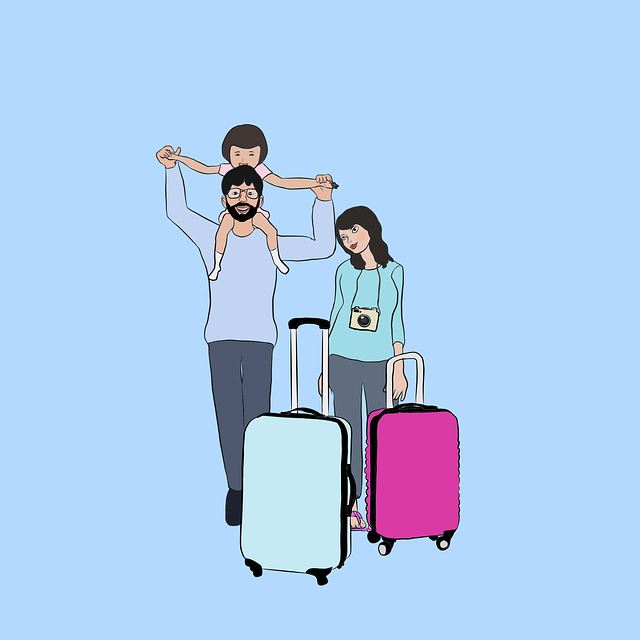In Oregon, the Department of Human Services (DHS) plays a vital role in safeguarding children through its child welfare division, focusing on providing safe and stable homes for vulnerable youth. DHS cases involve collaboration among families, community organizations, and courts to ensure permanency, safety, and stability. Legal support is integral, protecting parents' rights and navigating Oregon's complex system for the best interest of the child. The DHS also manages unique challenges related to unaccompanied minors at the US border, collaborating with other agencies to provide necessary services and protection.
In Oregon, the Department of Human Services (DHS) plays a pivotal role in safeguarding the well-being of children through its child welfare system. This comprehensive article delves into the intricate world of DHS child welfare cases, exploring the rights and protections afforded to both children and families involved. We provide a detailed overview of the legal framework, while also highlighting the extensive support systems and resources available to Oregon residents navigating these complex matters. Understanding these rights and services is essential for ensuring every child receives the care and protection they deserve.
- Understanding DHS Child Welfare Cases in Oregon: A Comprehensive Overview
- Legal Rights and Protections for Children and Families Involved in DHS Cases
- Navigating the Support Systems: Resources and Services for Oregon Residents
Understanding DHS Child Welfare Cases in Oregon: A Comprehensive Overview

In Oregon, the Department of Human Services (DHS) plays a pivotal role in protecting and promoting the well-being of children through its child welfare division. DHS child welfare cases encompass a range of services aimed at ensuring safe and stable homes for vulnerable youth. These cases involve situations where a child’s safety and well-being are at risk, leading to potential removal from their parents’ care. The department works collaboratively with families, community organizations, and courts to determine the best course of action for each child, focusing on permanency, safety, and stability.
A comprehensive understanding of DHS child welfare cases requires recognizing the various stages, from initial reports of abuse or neglect to court involvement, placement in foster care, and eventual reunification or alternative permanent arrangements. The process involves intricate legal procedures, where parents have specific rights, including the right to counsel, fair hearings, and appeals. Legal support is crucial throughout these cases, ensuring that families’ rights are protected, and decisions are made in the best interest of the child while navigating Oregon’s complex child welfare system.
Legal Rights and Protections for Children and Families Involved in DHS Cases

Children and families involved in DHS (Department of Human Services) child welfare cases have specific legal rights and protections designed to ensure fairness and due process. These include the right to be treated with dignity, respect, and sensitivity throughout the process. Parents or guardians are entitled to understand the case against them, challenge any inaccurate information, and be represented by legal counsel. They can also request a hearing to dispute the DHS recommendations and present their side of the story.
In Oregon, the law guarantees these families access to legal aid and resources to help navigate complex legal systems. Social workers are required to inform parents about their rights and connect them with appropriate support services. This ensures that everyone involved in a child welfare case understands their protections, enabling them to actively participate in decision-making processes affecting their future and well-being.
Navigating the Support Systems: Resources and Services for Oregon Residents







